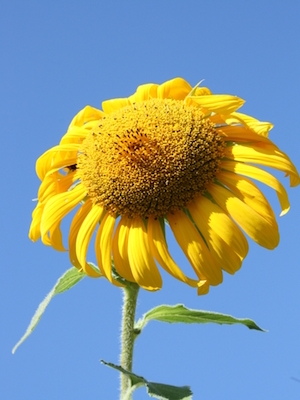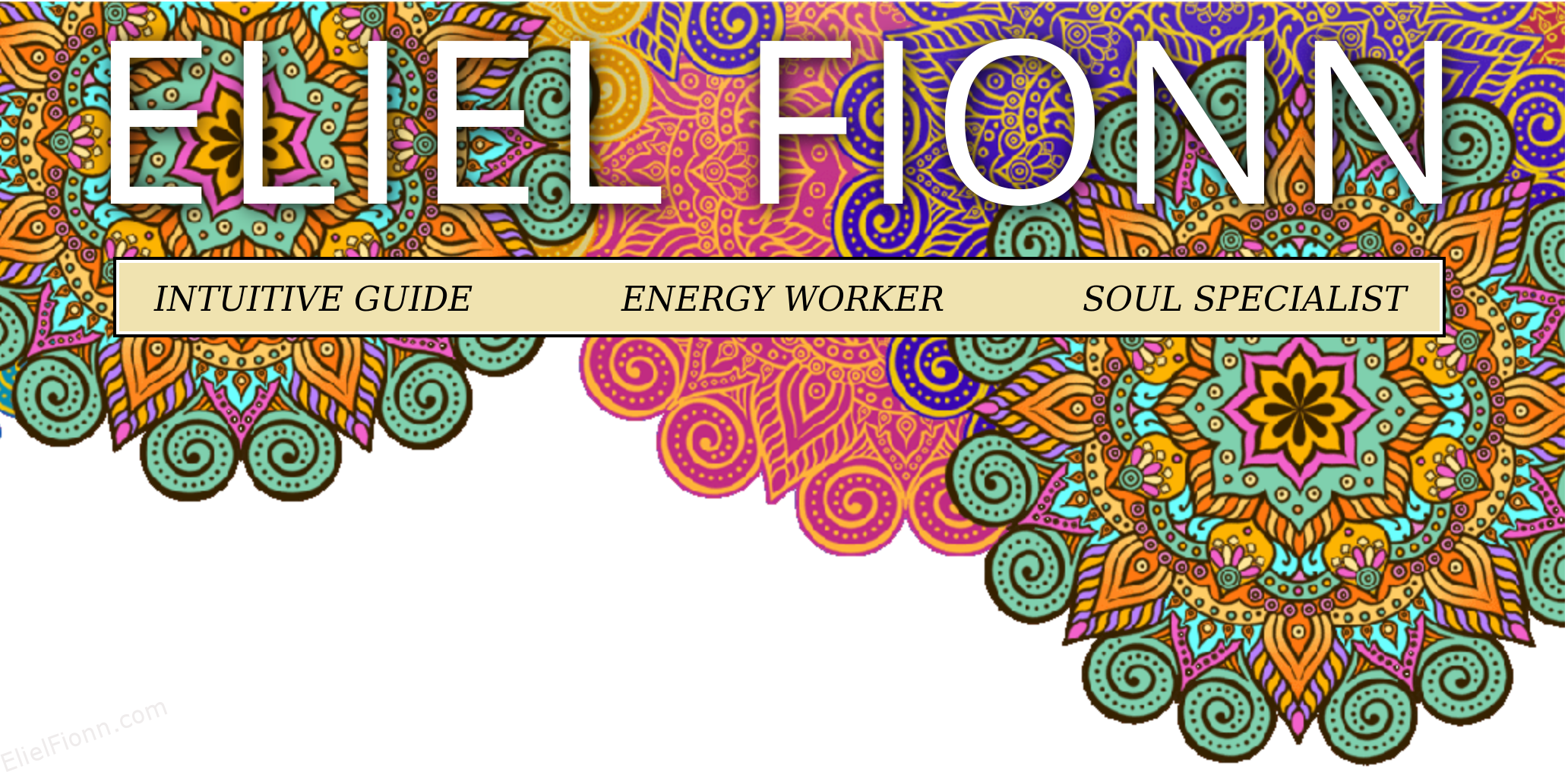Welcome!

In this blog, I will be exploring different facets of being a sensitive, spiritually-oriented person in a culture that cares more about money than people. It can be difficult when your deepest, heartfelt values do not match the general population’s, however, there are others out there that have similar concerns.
I welcome your input, and will be taking suggestions for topics, as well as answering questions you may have.
In order to be a happy, fulfilled human being, there are certain experiences and qualities that come in handy, like having your basic necessities covered, living in safety, being with kind and compassionate folks, and having a good sense of humor.
Face it, being human is pretty absurd. We have these big brains and still haven’t figured out how to live together peacefully. Being able to laugh at ourselves lightens things up. And for those of us with sensitive nervous systems, and who tend toward empathy, a bit of lightheartedness may soothe our souls.
To be aware, joyful, and kind, we don’t need to eat perfectly, avoid all sugar, and meditate every day. We may or may not have a consistent, formal spiritual practice. Sitting quietly and checking in with yourself regularly to see how you’re feeling and what you need, can be really helpful. I sit silently sometimes when I feel the urge, but most of the time I live in an open, playful state of relaxed optimism. Or, as my youngest daughter used to say, back when she was alive, “you’re freakishly happy for no reason.”
Yes, my youngest daughter died at the age of 23. And despite terrible grief, I still manage to experience joy as well. How? Like a kid, by feeling everything as deeply and as thoroughly as possible, while still understanding that we humans are not merely our feelings. We are more than what has happened to us, what others may think of us, or even how we perceive ourselves. And after a loss we discover that love continues even after death.
Most of us are intimately acquainted with fear, sorrow, anger, frustration, disappointment, loss, jealousy, and numerous other emotions. The trick is not to judge yourself or others for having feelings. You might think of them as indicators that you need to pay extra attention to some part of yourself. And most of us respond better to kindness and acceptance rather than condemnation. It’s also helpful not to throw your feelings around all over other people, or to hold onto them for too long. Not easy to do, and we all have varying degrees of success at this.
Maybe we don’t need to achieve perfection, or even a formal idea of enlightenment, but more a state of loving kindness for ourselves and others, as much as possible in this little human form. If we embrace being human in the absolute sense of what that means, flawed, annoying, foolish, quirky, creative, mortal, amazing, and all the rest, we may find out it’s actually kind of cool. And if we are kinder to ourselves, we will find more comfort when life is painful, which it will be at times, no matter how spiritually or emotionally adept we are. Continue reading→




